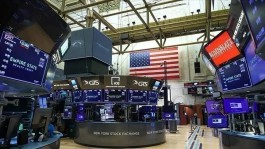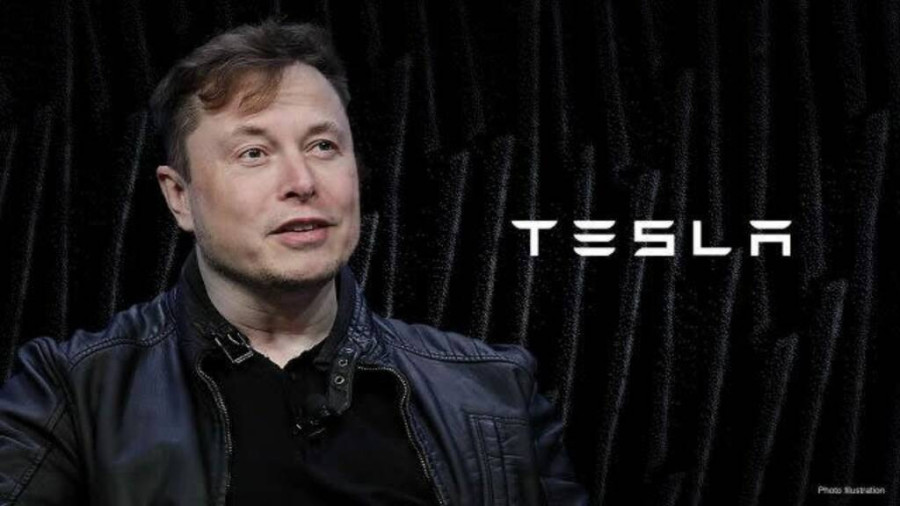Elon Musk has criticized financial market conditions in the United States, and in a comprehensive conversation on Thursday with Cathie Wood, president of ARK Investment Management, he lamented the heavy regulatory burden facing publicly traded companies, and the shareholder pressures that undermine efficiency and investment. Inertness that causes volatility to flare up.
This adds to a series of complaints that Musk has raised over the years regarding the sacrifices he has made in exchange for tapping public markets to implement some of his many projects. His disdain for the stringency of US securities laws has sometimes led to standoffs with regulators, such as the famous battle with watchdogs over Tesla-related tweets.
Musk also serves as CEO of SpaceX, a closed company that is considered one of the most valuable companies in the world.
Withdrawal of X shares from the stock exchange
Musk has previously clashed with the US Securities and Exchange Commission, which in 2018 he called the Bear Enrichment Commission. That year, the billionaire agreed to pay a $20 million fine to settle the committee's complaints related to some of his tweets, which indicated that Tesla would be transformed into a private company by withdrawing its shares from trading on the stock exchange. As part of an agreement with the authority, he agreed to review his next tweets about the company with an internal monitor, or what is known as a Twitter sitter.
Later, Musk bought the social media platform Twitter and changed its name to X, and he asked the US Supreme Court, earlier this December, to consider dropping this condition on the grounds that it violates his freedom of expression.
Musk said keeping SpaceX a private, non-traded company also allowed him to take on a level of risk that was better suited than with Tesla. Despite this, he said one of the benefits of Tesla going public is the company's access to capital.
Additionally, Musk told Cathie Wood that he does not recommend any company going public unless it really has to. He stated that he was able to make radical changes to Twitter after transforming it into a private company by withdrawing its shares from public trading without any pressure from stock market investors. Jack Dorsey, co-founder of the social media platform, encouraged Elon Musk to withdraw X from public trading so that he could fix its performance, as he believed that the platform had suffered greatly because of stock market investors.
Disadvantages of passive investment
Wood also discussed with Musk how passive investing (buying stocks and holding them for a long time) penalized stocks not included in the major indexes and companies included in the major indexes that did not receive equal recognition. Their statements come at a time when academic critics lament that the passive investment boom is distorting stock prices and causing sharp movements within the market.
While Musk praised Vanguard Group founder Jack Bogle for encouraging passive investing into mainstream finance, he made clear that this trend in money management has gone too far.
Musk added: Passive investing has a very large share of the market at this stage. Ultimately, a decision should be made to invest actively. Investors who resort to the passive investment method depend for their profits on the decisions of active investors. This is because any large movements in stock prices occur mainly as a result of the decisions of four or five large active investors.
The management of the ARK Innovation ETF follows an active investment approach, which is a method based on buying and selling assets over a short period of time and continuously with the aim of maximizing returns. The fund has almost no overlap with the Standard & Poor's 500 Index, according to a Bloomberg Intelligence analysis. Tesla stock was listed on the US index approximately three years ago, but it has declined since that listing.
Wood is a long-time fan of Elon Musk, and Tesla stock is currently the second-largest stock in the portfolio of the Arc Innovation fund she manages.






































